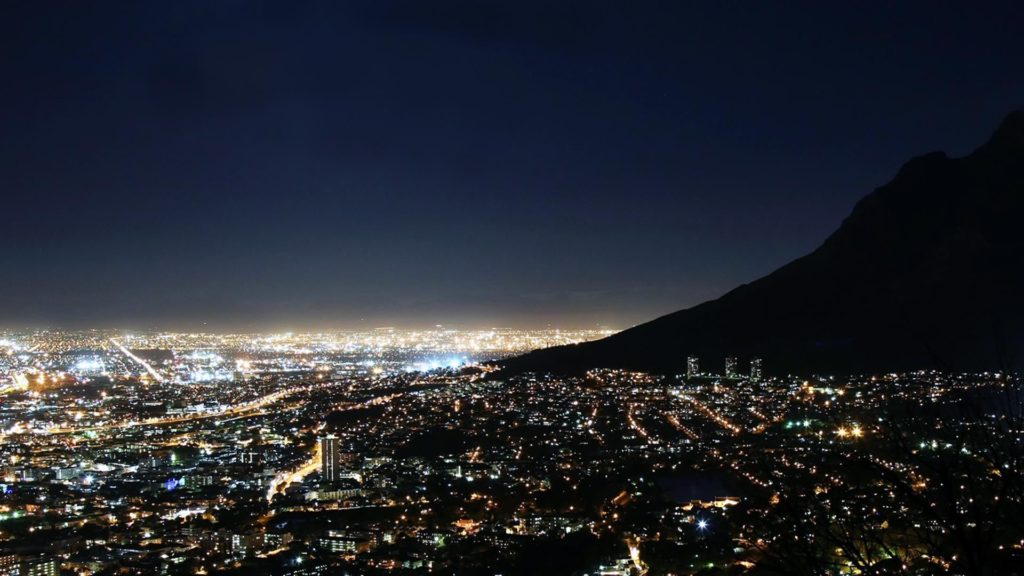Amid the nationwide lockdown, many Capetonians have eagerly taken to stargazing to admire the natural beauty of the world from the safety of their homes. Unfortunately, the skies are not as clear as they should be.
The appearance of the night sky is largely affected by light pollution, which radiates so much brightness into the environment that it turns the night sky into a seemingly blank canvas and removes the beauty that lies above.
Light pollution affects 80% of the population, and is worsening with time.
Photographer Under Lucky Stars was inspired to create a stunning new interactive photo series to reimagine what 27 cities across the globe would look like if light pollution cleared for good, completely.
Using real images of city skylines captured by photographers, pollution has been completely removed in reimagined images to restore the beauty of nature and show the clear night sky in cities across the world that haven’t been visible to the naked eye in years.
Here is a before and after of how Cape Town skies would look like without light pollution:


Images show before and after pictures of cities around the world using the Bortle Scale, a numeric scale consisting of nine-levels, which quantifies the astronomical observability of the stars and any interference caused by light pollution. All the cities as metropolitan areas class as 8-9, and these images show them how they would look if they were level 1-2.


As cities expand and populations increase, so does the demand for things like street lights. Whilst practical and essential for day to day living, this lighting affects our view of the sky with the naked eye. Due to light pollution, it is now impossible to see the Milky Way in large cities and metropolitan areas. Globally, one-third of humanity is unable to see the natural Milky Way at all.


“Surrounded by stars, planets and galaxies, we are just one part of a much bigger picture, but it’s impossible to see that in our metropolitan world. Bright city lights and a bustling digital age has clouded the sky around us with artificial light pollution, eliminating the natural view of the stars,” says Zoltan Toth-Czifra from Under Lucky Stars.
“If you were born in a place where stars are invisible, you’ll never forget the excitement and rush of joy you feel when you see the night sky in its unencumbered beauty for the first time. And the way you simply cannot take your eyes off the thousands of stars that we chose to extinguish in exchange for modern comfort.”
The nationwide lockdown has had many negative effects on South African society, but there is an unexpected silver lining. With more factories closed, less people on the road and much less human activity, Cape Town’s skies are a little more clear.
Across the world, air pollution levels have dropped to unprecedented levels due to the lockdown measures various countries have imposed to curb the spread of COVID-19. This has left the sky clearer and cleaner, with much less smog and pollutants in the air.
Explore the rest of the photo-series HERE.
Picture: Under Lucky Stars

